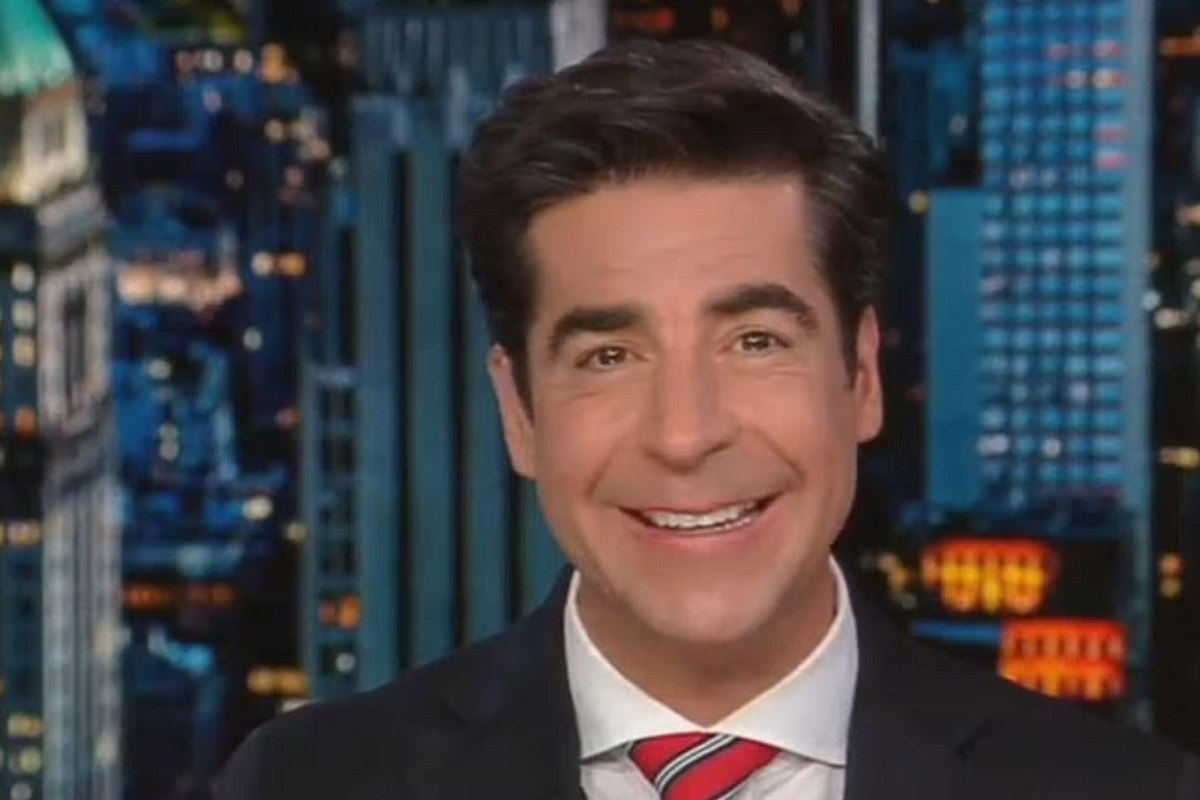Mitt Romney looks right now as if he’s tripping over his shoelaces, but he’s positioning himself well for the general election fight with President Barack Obama on one big issue: Medicare. Whether he’s positioning himself honestly is a different question.
The news media often treat Medicare’s many moving parts as too boring and wonky to cover. But if the economy stays about where it is, the head-slapping at the line of scrimmage on health care for seniors could determine the election.
Medicare was enacted in 1965 under a Democratic president, Lyndon Johnson, and opposed as socialism by Ronald Reagan and many other Republicans. For years, this partisan divide gave Democrats a big advantage on what has become one of the most popular social programs in U.S. history.
But in the 2010 midterms, Republicans figured out how to turn the tables. With the help of the Koch brothers and Karl Rove’s super-PAC, they flooded the airwaves (outspending Democrats by at least 2-to-1) with the message that Obama had cut $500 billion from your Medicare. The charge wasn’t true, because Obama was slowing Medicare’s growth not actually cutting it, but it changed history. According to a new study by Dartmouth political scientist Brendan Nyhan, as many as 25 Democrats lost their House seats because they voted for “Obamacare.”
Many of the voters who turned out most heavily in 2010 — senior citizens — were almost comically hypocritical, selfish or both. The Tea Party found itself arguing that Obama was simultaneously a socialist for backing health-care reform based on private insurance for younger Americans and a heartless budget-cutter for supposedly tampering with their socialist Medicare. Go figure.
The source of their anger was the part of the Affordable Care Act that ended inexcusable subsidies to health care providers from Medicare Advantage (a program for wealthier seniors). Overall, the new law strengthens Medicare (for example, by removing the so-called donut hole that had left many seniors paying eye-popping prescription drug bills) and introduces cost-saving measures aimed at holding the growth of Medicare at or below GDP growth plus 1 percent, which is the only way to prevent it from bankrupting the country.
Democrats are hardly blameless on Medicare. For years, they pandered to seniors by describing any failure to keep pace with rampant health-care inflation as a “cut.” This may have been technically accurate, but when true assaults on the foundations of Medicare began, as they did last year in the guise of Representative Paul Ryan’s plan, it made Democrats look disingenuous.
Under Ryan’s plan, future seniors (those under 55) would get “premium supports” to buy private insurance on exchanges. If that sounds familiar, it is. Ryan denounced Obamacare, then essentially adapted it for his own reform of Medicare.
Because the original Ryan plan used billions in Medicare cuts to pay for more tax cuts for the wealthy, Democrats’ eyes lit up, and they decided to make opposition to that plan (which almost every Republican in Congress has voted for) the centerpiece of their 2012 campaign.
But at the end of 2011, Ryan did something clever. He joined with Democratic Senator Ron Wyden on a promising compromise that would allow future seniors a choice between traditional Medicare and private insurance — essentially Obamacare plus a public option. The bake-off between the two approaches would give the new system both the purchasing power of single-payer Medicare and the innovation of private plans. Wyden-Ryan is far more progressive than the original Ryan plan because it guarantees that the benefits of those who choose to buy insurance on the exchanges will be no lower than those who choose traditional Medicare.
So far, though, that guarantee has been missing from many Republican descriptions of the plan. Will it be in the proposed budget that Ryan, as chairman of the House Budget Committee, announces next week?
Romney has repeatedly endorsed Wyden-Ryan, which he thinks will let him argue in debates with Obama that he favors a bipartisan plan that won’t make future seniors give up Medicare if they don’t want to. Naturally, the White House and many Democrats are furious at Wyden for giving Romney and other Republicans this escape hatch.
But the Romney embrace of Wyden-Ryan is misleading. “The Romney campaign says he’s introducing competition and choice to Medicare ‘along with a bipartisan group of leaders,’ but I’ve never spoken to the governor on this subject,” Wyden told me. “If there are folks on the right who use this as a political shield or cover, they are hurting senior citizens by making it harder to get to a bipartisan agreement.”
A shield it is. Romney’s economic plan, outlined last month in a mostly empty Detroit football stadium, calls for huge new tax cuts (according to an analysis by the Center for American Progress, 60 percent of which would go to the top 1 percent) on top of the existing Bush tax cuts and for capping spending at 20 percent of GDP. To do this and put us on a path to balancing the budget, Romney would have to cut non-defense and non-Social Security spending by an estimated 35 percent, which inevitably means cutting Medicare and gutting Medicaid and food stamps. There’s nowhere else to get the money from. Should a President Romney get anywhere close to what he proposes, the social safety net will be — no exaggeration — shredded.
To distract attention from this prospect, the Romney campaign last week released a stinging memo about Obama’s position on Medicare. The memo cleverly alleged that Obama is “ending Medicare as we know it” — a twist on Bill Clinton’s memorable campaign promise, repeated in his first State of the Union address, to “end welfare as we know it.” It included links to selective clips alleging that Obamacare “rations” care for seniors and is “destroying” Medicare Advantage.
Wyden points out that “it’s inaccurate to say the president has harmed Medicare Advantage when in fact premiums have gone down and enrollment has gone up.”
Facts are oh so confusing. Getting them through the clatter will be tough for Obama this fall. By embracing Wyden-Ryan and attacking the president on the Democrats’ turf, Romney has a good shot to fuzz up the issue enough to keep seniors firmly in the Republican column.
(Jonathan Alter is a Bloomberg View columnist and the author of “The Promise: President Obama, Year One.” The opinions expressed are his own.)



